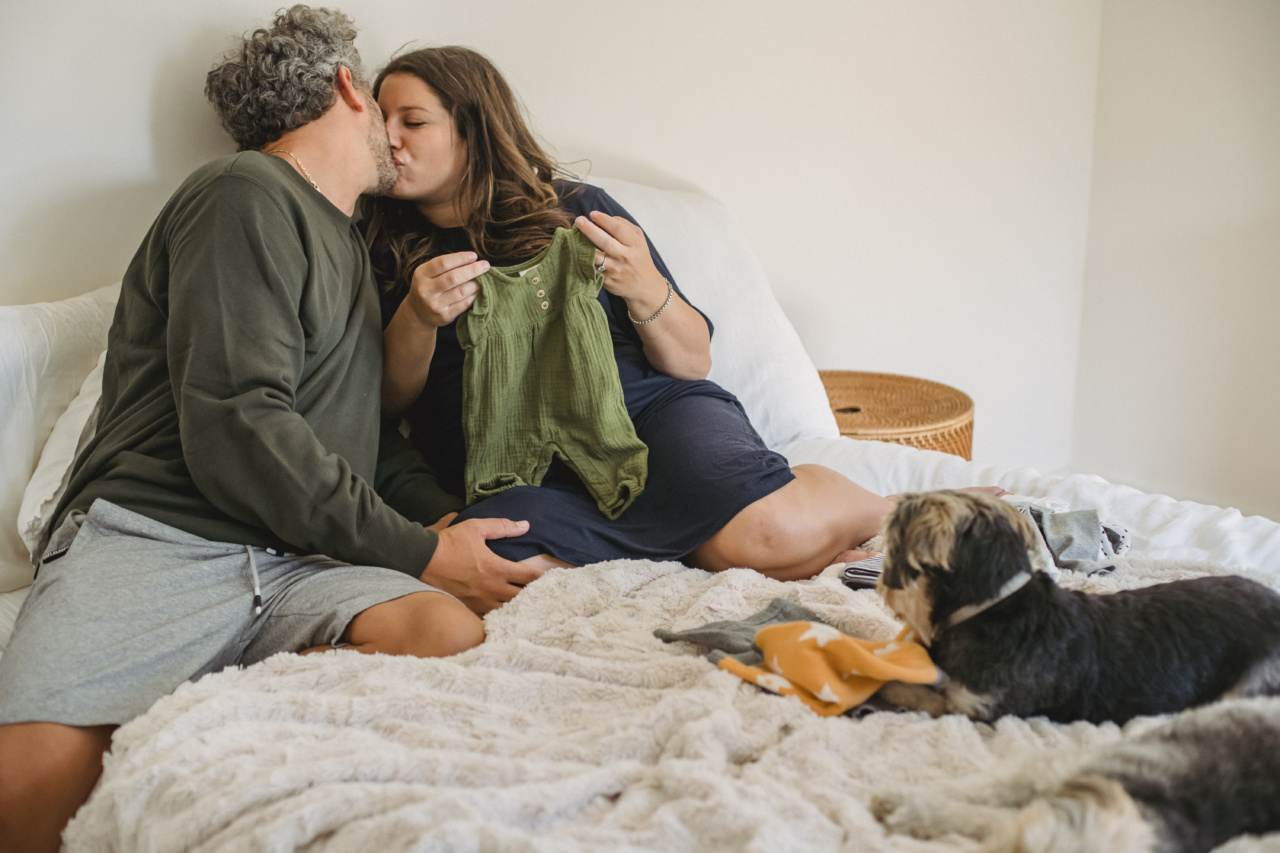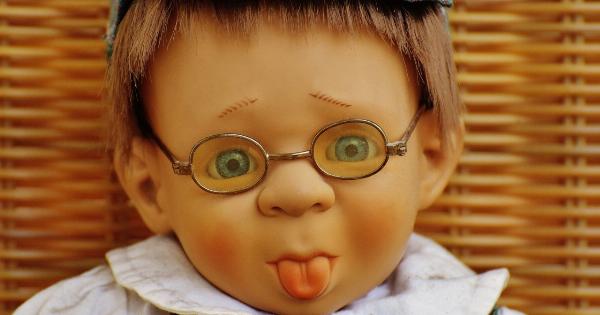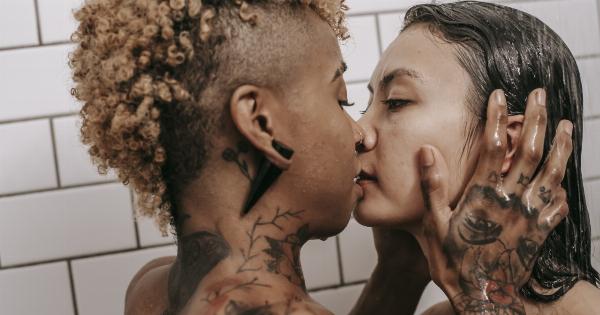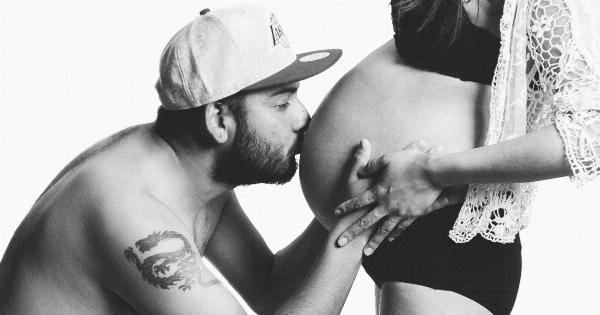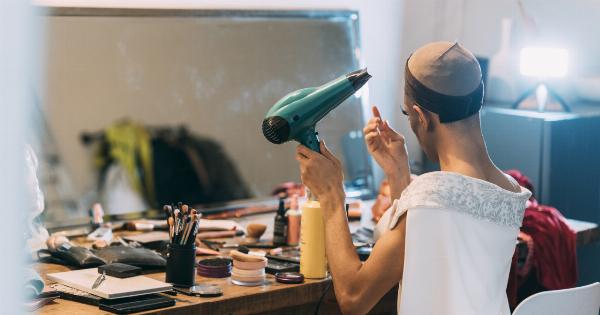It’s always an exciting time when you bring home a new puppy. Whether it’s your first or fifth, every new addition brings its own unique joy and challenges. However, as your furry friend grows up, they will undergo many changes.
It’s important to be aware of these changes to ensure that your pup remains happy and healthy throughout the transition process.
Physical Changes
Adolescence is a period of transition where your puppy will experience many physical changes. As they reach adulthood, you may notice the following:.
Size
Most breeds will stop growing by the time they reach 18 months, while larger breeds can take up to two years. Keep in mind that your pup may still fill out during this time and their weight may increase even after they have stopped growing taller.
Coat
Many dogs will experience a change in their coat as they grow older. Pups may lose their puppy coat and grow in a new, thicker coat that will help them regulate their body temperature better.
Be prepared to groom and brush your dog regularly to maintain their new, shiny coat.
Teeth
Most dogs will have all of their permanent teeth by the time they reach six months of age. However, it’s not uncommon for them to lose teeth during the teething process.
By the time they reach adulthood, your pup will have a full set of strong, adult teeth.
Energy Levels
During adolescence, your pup may have boundless energy. As they reach adulthood, you may notice a decrease in overall energy levels. However, this does not mean your dog will stop being active altogether.
It’s important to ensure your dog receives regular exercise to keep them happy and healthy throughout their life.
Behavioral Changes
As your furry friend grows up, they will also experience significant changes in their behavior. These changes are important to note and address, to ensure that your pup remains a well-behaved and happy member of your family.
Here are some common behavioral changes to expect:.
Independence
As your pup grows up, they may become more independent and less reliant on you for attention and guidance. This does not mean they do not need your guidance and affection, but rather that they are gaining more confidence in themselves.
It’s important to continue to show your dog love and attention during this period.
Socialization
During adolescence, your pup may become shy or nervous around new people and animals. However, as they reach adulthood, they will begin to become more relaxed and confident in social settings.
It’s important to continue to socialize your dog and expose them to new people and animals regularly.
Aggression
As your dog becomes an adult, they may become more territorial and protective of their territory and family. While it is important for your dog to be protective, it is not acceptable for them to be aggressive towards humans or other animals.
If you notice any signs of aggression, it’s important to address it immediately and seek the help of a professional dog trainer if necessary.
Temperament
As your pup matures, their personality may start to show. Some dogs will become more calm and affectionate, while others may become more reserved or stubborn.
It’s important to keep this in mind when training your dog and to work with their individual personality to ensure they remain happy and healthy.
Conclusion
Watching your furry friend grow up is an exciting and rewarding experience. However, it’s important to be aware of the changes your pup will undergo as they reach adulthood.
By preparing for these changes, you can ensure that your furry friend remains healthy, happy, and well-behaved throughout their life.
